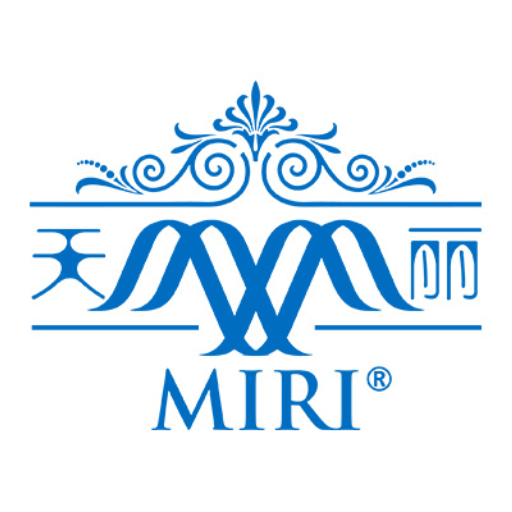Embracing Menopause: A Natural Journey to Wellness and Vitality
Menopause marks a significant transition in a woman’s life, signaling the end of reproductive years and the beginning of a new chapter. While often surrounded by misconceptions and fear, menopause is a natural biological process that can be navigated with knowledge, self-care, and the right support. Understanding this transition empowers women to embrace it with confidence rather than dread.
Menopause officially occurs when a woman hasn’t had a menstrual period for 12 consecutive months, typically between ages 45-55. This transition is preceded by perimenopause, a phase that can last several years and brings various physical and emotional changes as hormone levels fluctuate. The primary hormones affected are estrogen and progesterone, which play crucial roles in numerous bodily functions beyond reproduction.
Understanding Common Menopause Symptoms
The menopausal journey manifests differently for each woman, with symptoms varying in intensity and duration. Some of the most common symptoms include hot flashes, night sweats, sleep disturbances, mood changes, vaginal dryness, and changes in skin elasticity. These changes occur as the body adjusts to lower hormone levels, particularly estrogen.
Many women also experience changes in metabolism during menopause, which can lead to weight gain, especially around the abdomen. This metabolic shift is often accompanied by changes in cholesterol levels and bone density, increasing the risk of osteoporosis. For more information about managing weight during menopause, you might find our article on Menopause and Weight Management: Finding Balance Naturally helpful.
Sleep disturbances are another common complaint, with many women experiencing difficulty falling asleep or staying asleep due to night sweats or anxiety. Understanding the connection between menopause and sleep is crucial for maintaining overall health. Our previous post, Menopause and Sleep: How to Rest Better During the Transition, offers practical strategies for improving sleep quality during this period.
Natural Approaches to Menopause Management
While hormone replacement therapy (HRT) has been a traditional approach to managing menopausal symptoms, many women seek natural alternatives that align with holistic wellness principles. Lifestyle modifications often form the foundation of effective symptom management.
Regular exercise becomes particularly important during menopause. Weight-bearing activities help maintain bone density, while cardiovascular exercise supports heart health and can help manage weight. Strength training builds muscle mass, which naturally declines with age and hormonal changes. Additionally, practices like yoga and tai chi can improve flexibility, reduce stress, and alleviate some menopausal symptoms.
Nutrition plays a vital role in navigating menopause naturally. A diet rich in phytoestrogens—plant compounds that mimic estrogen—can help balance hormones. Foods such as soy, flaxseeds, chickpeas, and lentils are excellent sources of phytoestrogens. Additionally, adequate calcium and vitamin D intake are crucial for bone health, while a balanced diet rich in fruits, vegetables, and whole grains supports overall wellness during this transition.
Stress management techniques are also essential, as stress can exacerbate menopausal symptoms. Mindfulness meditation, deep breathing exercises, and spending time in nature can all help reduce stress levels and improve emotional wellbeing. For more insights on maintaining emotional balance during menopause, check out our article on Menopause and Emotional Wellbeing: Navigating the Journey with Grace.
Supporting Your Body Through Menopause
As your body navigates this transition, providing it with targeted support can make a significant difference in how you experience menopause. Many women find that specific supplements can help alleviate symptoms and support overall health during this time.
The Miri Feminine Essence is specifically formulated to support women through menopause. This natural supplement helps balance hormones, reduce common menopausal symptoms, and support breast firmness. It also enhances mood, improves skin hydration, and restores hair shine, contributing to overall female vitality during this transition.
Collagen supplementation can be particularly beneficial during menopause, as declining estrogen levels affect skin elasticity and joint health. The Miri Collagen Protein helps boost skin elasticity, reduce the appearance of wrinkles, and support joint health. Additionally, it strengthens hair and nails, which may become more brittle during menopause.
For comprehensive information on understanding and embracing menopause, our article Understanding Menopause: Embracing Life’s Natural Transition provides valuable insights into the biological and emotional aspects of this life stage.
Remember, menopause is not a disease but a natural transition. By approaching it with knowledge, self-care, and the right support, you can navigate this journey with grace and emerge into your post-menopausal years feeling vibrant, healthy, and empowered.
